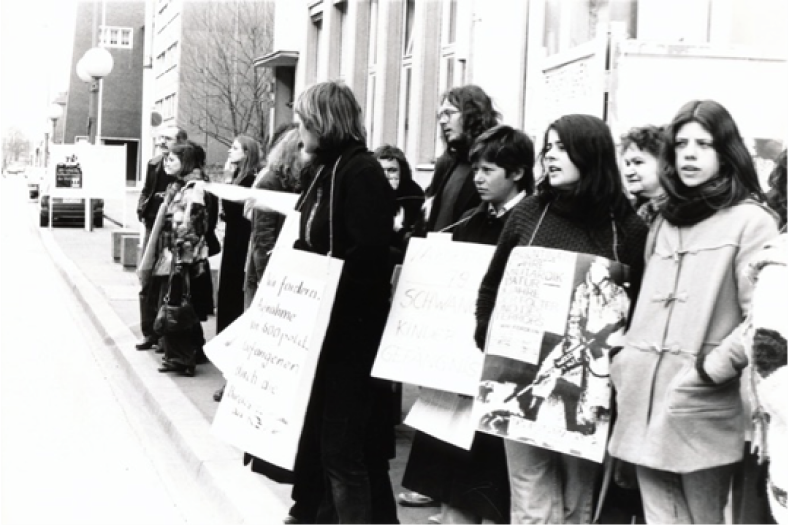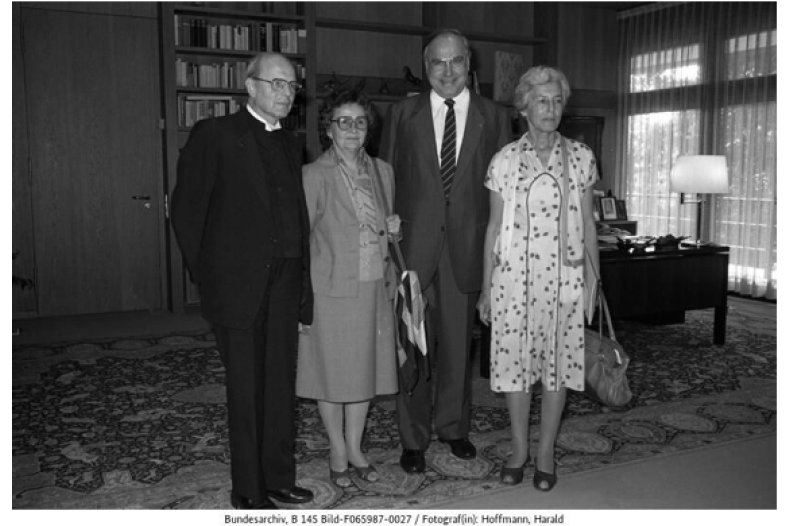研究テーマ
Human Rights, German history, Global History
In the 1970s–80s, human rights abuses became commonplace in Latin America. My research investigates German government foreign policy towards several Latin American countries [Chile, Argentina, Nicaragua, and El Salvador] and its critics from right and left. I show how German policymakers blamed weak democratic governance and left-wing radicalism. These policymakers developed a technocratic human rights foreign policy that favored quiet diplomatic pressure. By contrast, German leftists supported open criticism of human rights violators and identified capitalism as the primary reason for human rights abuses. Finally, German conservatives agreed that open criticism was necessary. But they believed that more, not less, capitalism was the solution to human rights abuses. I demonstrate that in the 1980s–1990s, the technocratic and pro-business human rights narratives converged. Policymakers and conservative political actors joined hands against leftist human rights activists. The result is that Germany’s foreign policy towards Latin American countries combats the effects of human rights abuses, but not their economic root causes.


発表論文
- Jiménez Botta, Felix A. “From Antifascism to Human Rights: Politics of Memory in the West German Campaigns against the Chilean and Argentinean Military Regimes, 1973–1990.” Zeithistorische Forschungen/Studies in Contemporary History 17 (2020): 63–90.
- Jiménez Botta, Felix A. “The Foreign Policy of State Terrorism: West Germany, the Military Juntas in Chile and Argentina and the Latin American Refugee Crisis of the 1970s.” Contemporary European History 27, no. 4 (February 27, 2018): 627–50.https://doi.org/10.1017/S0960777318000024
プロフィール

- 国際教養学部
-
フェリックス・A・ヒメネス・ボッタ
Felix A. Jiménez Botta
-
学位 分野・取得大学
博士(ボストンカレッジ)/ Ph.D. (Boston College)
-
教授分野
歴史学、宗教学/ History, Religion
- 教員紹介ページを見る





